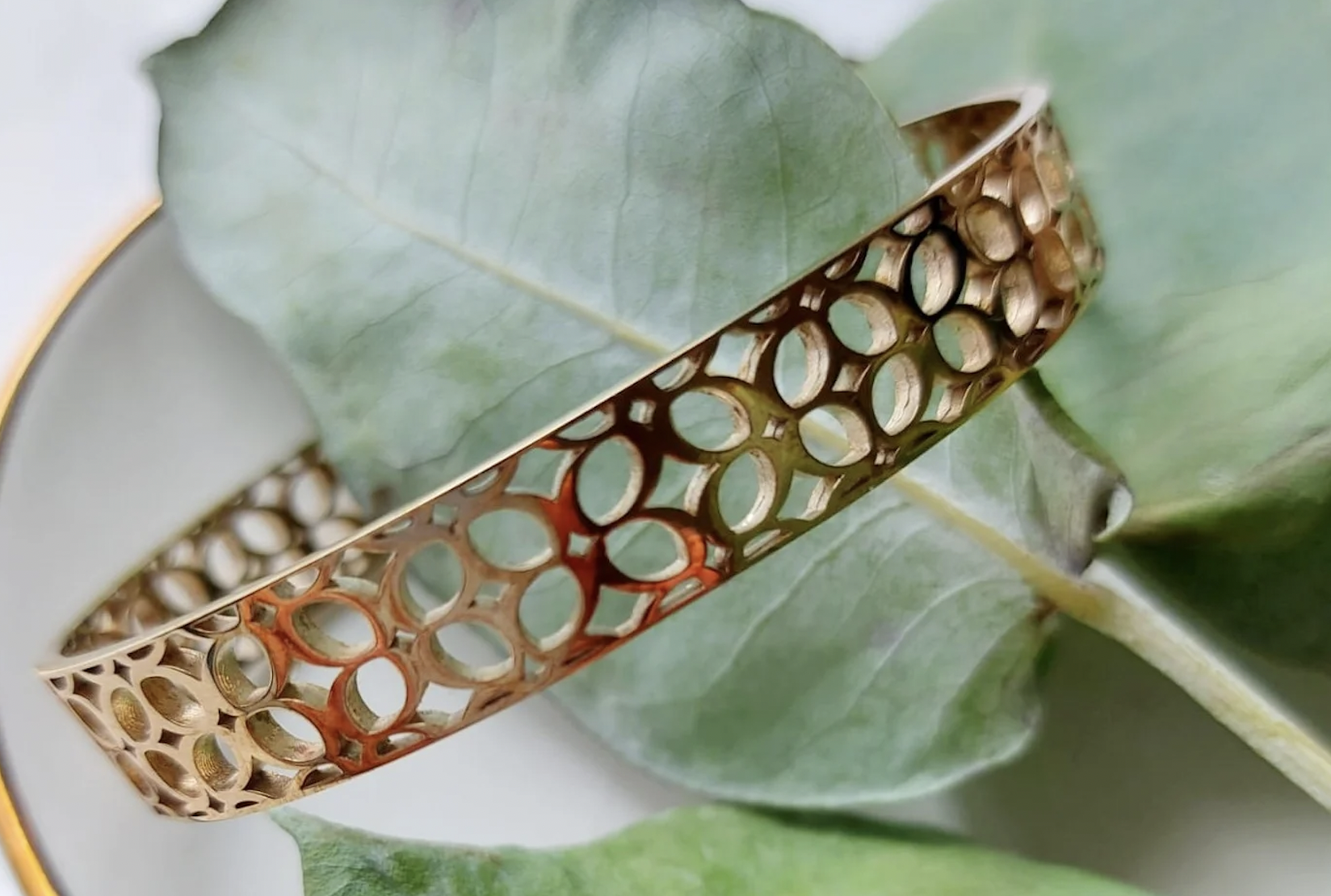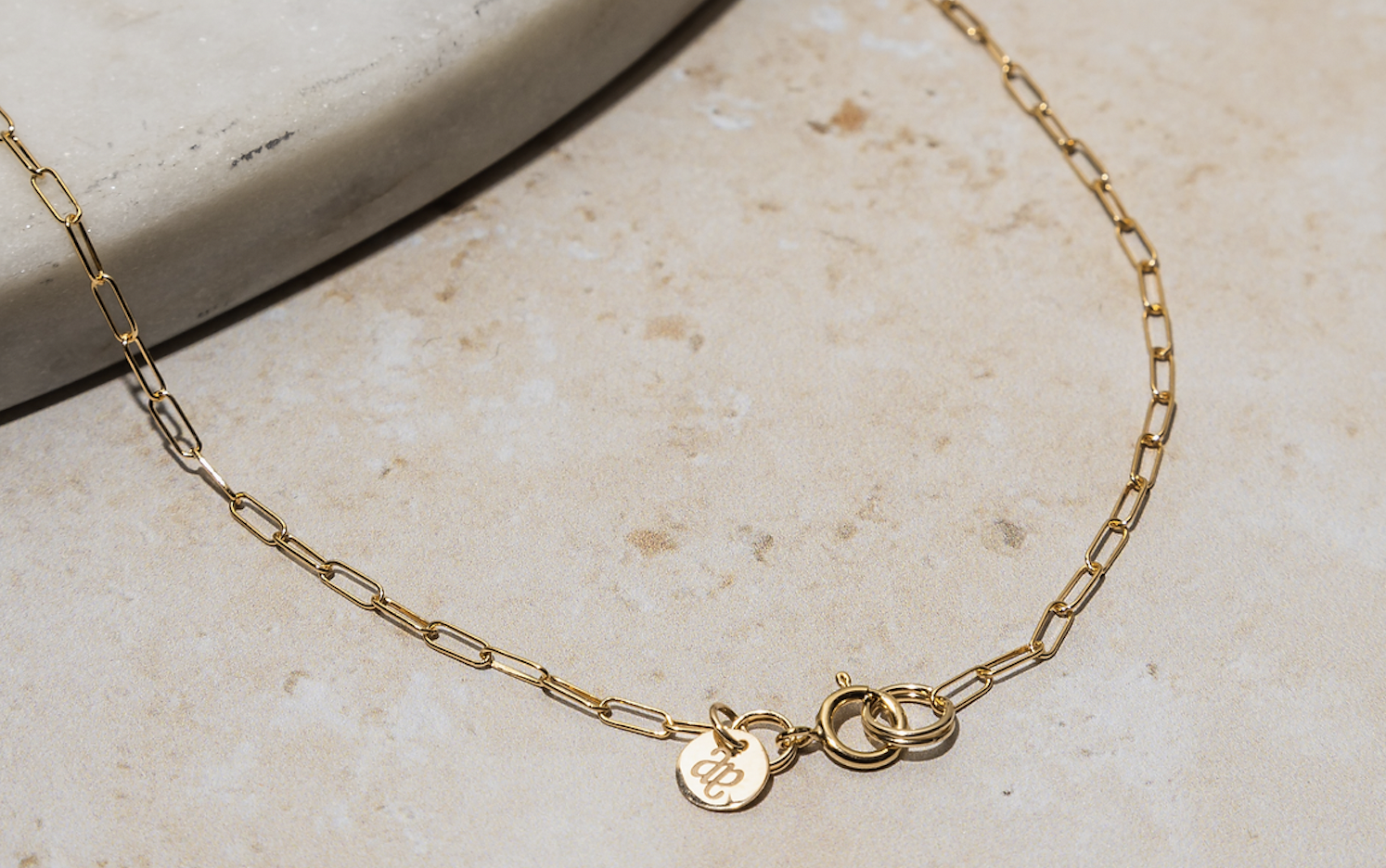Interview - Victoria Waugh, Co-Founder V&V
Victoria Waugh, Co-Founder V&V – Responsible Fashion and Jewellery Consultancy, has worked in the industry for years helping small business make better, more ethical and sustainable choices for their brands. Her knowledge and conviction to changing the way the fashion industry works is laudable.
What do you do? What’s your background?
My background is in fashion, textiles and jewellery. Both producing and selling product, but also supporting others to do the same. I am now Co-Founder of a consultancy called V&V, which helps businesses to grow whilst working responsibly.
How did you get involved in the industry?
During my time in the fashion industry, I visited garment factories in India and China. I didn’t always like what I saw. The pressure clothing brands put on the suppliers meant staff worked very long hours, often in poor conditions and for little pay. I decided I didn’t want to be part of that. So, I started to research alternative ways of producing clothes and got involved with the Ethical Fashion Forum and Fairtrade Foundation. I spent 10 years working with brands to help them source sustainable cotton, and when Fairtrade started certifying gold mines I jumped at the chance to lead their work with the jewellery sector.
What kind of things can jewellers do to create an ethical business? Are there things to consider other than just switching to Fairtrade Gold?
Obviously knowing the origin of your materials is crucial for a jewellery brand. The mining sector can be incredibly harmful to people and the environment if not managed responsibly, so it’s important to buy from ethical sources. But there’s so much more that goes into running a jewellery business – for example, thinking about where and how your collection is manufactured, what chemicals are used in the process, how you deal with waste, or what materials are in your packaging. It’s also important to consider more general business practices, such as whether your studio or store is environmentally friendly, or you are looking after your staff.
How do you help jewellers create ethical businesses?
Through our V&V, I initially spend time with the smaller brands and designer-makers to understand their business, what motivates them and what they hope to achieve in the future. We then work together to set a clear vision and practical actions they can take to work more responsibly. There’s often much a jeweller can do to improve but little time and budget, so we work out where to start and plan small, incremental steps.
For more established or larger businesses, we tend to work on specific projects – for example helping them to set up a new supply chain or source sustainable product.
You’re obviously passionate about helping people create ethical businesses - why is that?
I believe in responsible trade rather than charity (although charities of course have lots of benefits!). Supporting jewellers to work in a way that has positive impact for people and
planet, whilst also allowing them to run a profitable business just makes sense. And the more brands I can support the more impact we can all have.
Completely changing your processes can be overwhelming! What’s an easy first step for jewellers to make towards being more ethical?
I think it depends what you are passionate about. If you are concerned about the environment then focus on how your materials are produced. If you are passionate about supporting people then think about how you could link your business to marginalised producers. You can’t do everything at once so just pick something and make a change. Don’t be afraid to start, just make sure you are transparent about what you are doing and what you still have to tackle in the future.
How has the industry changed since you first started encouraging people to be more conscious of the environment and supply chain?
In the early days it was hard work! Every conversation was like starting from scratch. And the responses were all the same – ‘it’s too expensive’, it’s too difficult’, ‘our customers aren’t interested’….. However, in the last few years things have finally started to change. The high profile campaign against single use plastic fuelled by David Attenborough, Greta Thunberg’s climate protests, the lean towards plant based diets, the Rana Plaza factory collapse that spurred the emergence of Fashion Revolution, the launch of the Sustainable Development Goals have all helped put the future of our planet on people’s radar. Businesses are finally taking notice.
Why do you think it’s important that jewellers become more ethical?
It’s what customers want. And if you aren’t able to prove that you are working responsibly then they are going to go elsewhere. It also makes good business sense – having better visibility of your supply chain gives you more control. Plus knowing where and how your pieces are made builds trust and gives you a great story to tell your clients.
Is it economically viable for them to become more ethical?
Yes. There are premium’s attached to the price of things like Fairtrade and Fairmined Gold, but these aren’t the only options. Choosing verified recycled metals (where the supplier can provide evidence of where the metal came from) are not significantly more than conventional sources. Some of the more environmentally friendly jewellery studio practices are cheaper than their chemical alternative. Have a look at the Ethical Making Resource for ideas.
Do you think consumers are becoming more eco-conscious too?
Absolutely. There’s lots of research that shows younger customers are thinking more about the provenance of the stuff they buy and what impact it is having. These are the generations that have grown up learning about things like fair trade and recycling at school, they expect businesses to be doing the right thing.
Do you think we’ll ever be completely ethical as buyers and as designer/makers?
The term ethical is a tricky one. There isn’t one clear definition of what it means to work ethically. I think all we can do is aspire to work in a way that has a positive impact on our world rather than a negative one.
Do you think large-scale businesses should become more ethical too?
All of us have a role to play. Whether as an individual, small business or big organisation. The UN’s Sustainable Development Goals speak specifically to this – we all need to take action



